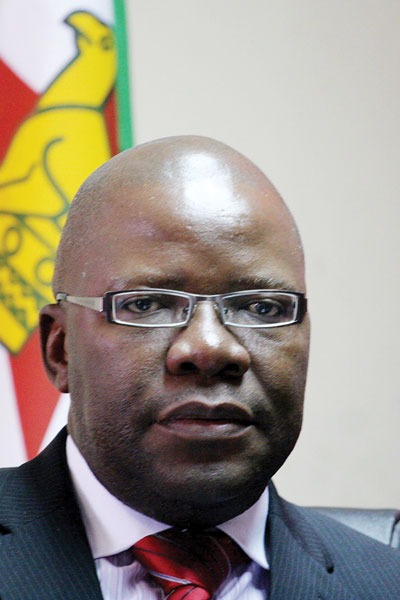
BY VENERANDA LANGA
CIVIC society groups have amplified their voices seeking to know how the country’s debt ballooned to US$18 billion.
The lobby groups are demanding debt transparency after taxpayers have been forced to pay huge amounts to settle previous government debts that were illegally acquired.
Finance minister Mthuli Ncube, during his 2020 mid-term budget and economic review statement, told Parliament that total public and publicly guaranteed external debt stood at US$8,094 billion, while domestic debt stood at $12,89 billion.
The virtual discussion was organised by the Zimbabwe Coalition on Debt and Development (Zimcodd) and the Crisis Coalition in Zimbabwe (CiZC).
CiZC Zimbabwe chairperson Rashid Mahiya said Zimbabwe’s debt situation was precarious.
Mahiya said just recently, there was public outcry over the 2015 Reserve Bank of Zimbabwe Debt Assumption Act where government took over US$1,2 billion debts currently being paid by taxpayers.
Lawyer and researcher Alex Magaisa recently exposed beneficiaries of the farm mechanisation scheme, mainly Zanu PF officials that benefitted from amounts ranging from as much as US$2 million.
- Chamisa under fire over US$120K donation
- Mavhunga puts DeMbare into Chibuku quarterfinals
- Pension funds bet on Cabora Bassa oilfields
- Councils defy govt fire tender directive
Keep Reading
“It is, therefore, important for members of the public to interrogate the debt situation in Zimbabwe and to know whether Parliament approved or disapproved the debt,” Mahiya said.
Zimcodd executive director Janet Zhou said it was also imperative to look at the social and economic justice perspective of the debt situation in Zimbabwe. She said Zimbabwe has been in unsustainable debt levels since 2000.
“We already know that our debt to gross domestic product (GDP) ratio is very high at 84%, and compared to the size of our economy, it is already an uncomfortable ratio,” Zhou said.
“If you look at domestic debt, it shows that government has been violating in terms of debt to the national budget ratio because it should be aligned to the national budget of the previous year, but all this has been violated.”
The Tendai Biti-led Public Accounts Committee (PAC) is currently looking at the Financial Adjustments Bill where Ncube brought the US$9,5 billion for condonation (forgiveness) before Parliament.
Zhou said there was need to question the Zimbabwe Asset Management Corporation (Zamco) loans and to find out who the beneficiaries of those loans were.
“We need to look at the issue of politicising the issue of debt because citizens are the ones that are told to tighten their belts, yet we do not know how we got to the $18 billion debts in the first place,” he said.
Macdonald Lewanika from Accountability Lab Zimbabwe said there should be consistent disclosure of debt and what it was used for.
“We need to ask ourselves whether government is consistently and timely disclosing the debts and giving us information around those transactions as well as why the debt level has reached 84% of GDP, yet it should be lower,” Lewanika said.
Zimbabwe Congress of Trade Unions president Peter Mutasa said government and capitalists were greedy and looking at fattening their pockets at the expense of the public.
“There is clear evidence that much of the debt is not going to the people and has not developed the nation and is not going towards social services.
“We are in COVID-19 crisis and yet government cannot provide for social safety nets. We are still paying and suffering from the Willowgate vehicle scandal, and our children are still going to suffer for the Zamco debt, the Zesa debt and the RBZ debt,” Mutasa said.
African Parliamentarians Network against Corruption (APNAC) Zimbabwe charter chairperson Priscilla Misihairabwi-Mushonga said: “I have a problem with Africa because we are so angry with the current status quo that we are refusing to debate some issues that we are supposed to debate.”
Misihairabwi-Mushonga said the problem with Zimbabwe was that the State had been captured by capitalists in the private sector.
“My problem with debt is that we have not been able to locate that the problem is ideological.
“My point is that as we look at the nexus between domestic debt and corruption, let us look at the time we moved and embraced capitalism as an ideology.”
Chairperson of the Parliamentary Budget and Finance Portfolio Committee Felix Mhona said the House has been doing legislative oversight over the debt situation in the country and issuing committee reports which have revealed non-compliance to the country’s debt laws by government officials.











